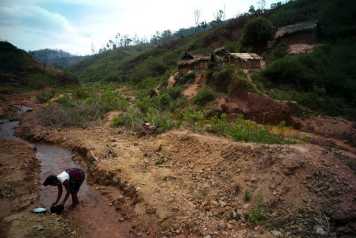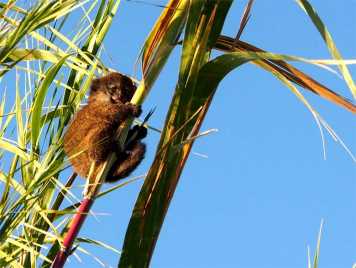AlaReLa: Alaotra Resilience Landscape, Madagascar
A growing challenge in tropical resource management is the reconciliation of a continuously increasing demand for agricultural land and natural products both from aquatic and terrestrial ecosystems (e.g., food, wood for fuel and construction, traditional medicines, etc.), while balancing a growing number of values and interests such as environmental concerns for conserving biodiversity, maintaining ecological functions and providing critical ecosystem services for supporting livelihoods, especially among rural communities.
The future ability of the Alaotra region (Madagascar) to sustain a continuously growing human population, while maintaining globally significant biodiversity in the forested and non-forested portions of this landscape, intimately depends on the interplay of various factors such as the state of the biophysical environment and the functioning of natural ecosystems (natural capital), the maintenance of traditional knowledge (human and social capital), and the regional and national importance of the coastal regions for economic production (financial capital). In recent decades policy changes have affected main resource users through exclusion from protected areas and favoring locals over immigrants. Other key changes impacting resource use and users include increased frequency of extreme climatic events such as drought or cyclones, and more recently, political instability that has caused an increase in prices for the staple food.
The goal of this project is to help stakeholders (resource users and decision-makers) to find a balance between conservation and development, and thereby improve the adaptive capacity of Alaotra‘s social-ecological landscape to cope better with changes and future shocks that loom just over the time horizon.

Arnaud De Grave, ethno-photography of sciences, reports about small-scale mining in the Maningory Watershed, Alaotra, Madagascar. external page Here

The AlaReLa project featured on Mongabay.com: external page Read the interview with Patrick Waeber
Contact for further information:
Funding support by
